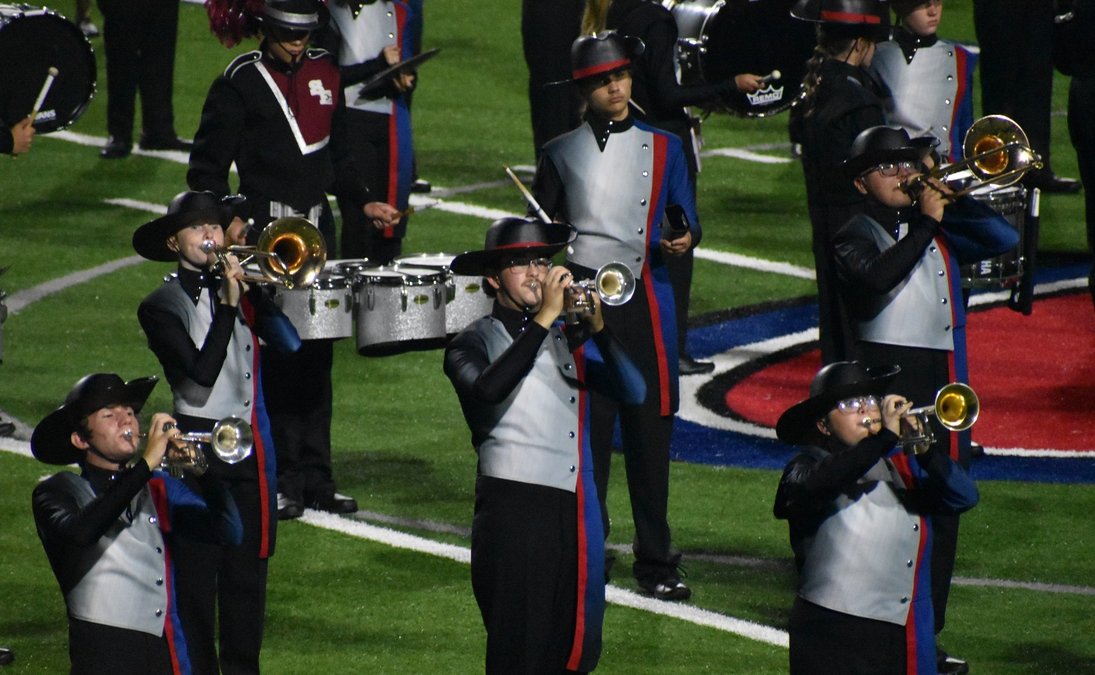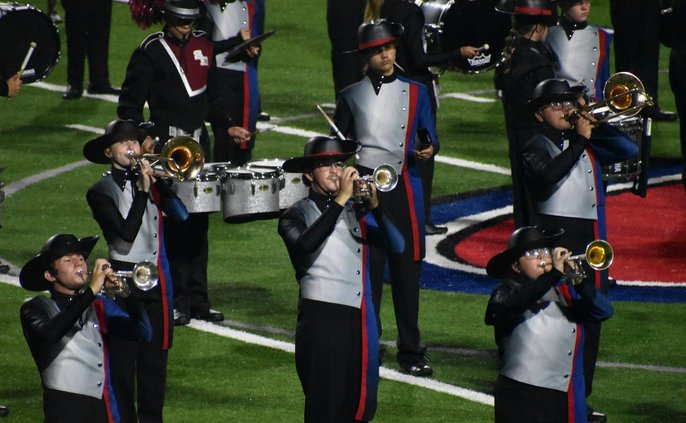SPRINGFIELD — There is no debate about it. LifeStar offers the highest level of medical service in Effingham County and beyond.
Owned by Air Methods, LifeStar is an award-winning emergency air ambulance service based next to Effingham County EMS on 3rd Street Extension. It has a landing pad for its Bell 407, a four-blade, single-engine helicopter, in back of the building at across from Effingham Hospital.
LifeStar covers a 150-mile radius in southeast Georgia and South Carolina. Effingham County is centrally located in LifeStar’s range of operation.
In 2017, LifeStar was honored by Air Methods for outstanding clinical performance in a lengthy list of key quality indicators. It features 15 highly trained employees — including pilots, medics and nurses — who deliver quality care at the scene of life-threatening accidents or the moment a life-threatening illness strikes.
In addition, LifeStar has earned Commission on Accreditation of Medical Transport Systems recognition, a designation that goes above and beyond what is required to operate in Georgia.
For Master Flight Paramedic Jeff Clifton and Registered Nurse Lora Williams, the combination of helping others and flying is extremely satisfying.
“A lot of people want these positions,” Williams, a three-year LifeStar employee, said. “When you get these jobs, you stick with them for a while. There’s a waiting list.
“I came out of school wanting to do it and I’ve been a nurse for 15 years.”
LifeStar jobs require more training and certifications than most first-responder careers. It medics and the nurses have clearly defined roles. All are versatile, however.
“They accentuate each other,” Clifton said. “Nurses deal with medications a lot more than medics do and hanging different kinds of drips because they usually have longer care with a patient, whereas a medic’s is usually very brief. When we go to a scene, the medic shows their expertise in getting an airway. We’re also kind of the gurus with the ventilator.
“When we are going to hang a complicated drip, we let the nurse handle that. When it comes to getting an airway, the nurse usually lets the medic handle that. However, we are cross trained. We are trained to do each other’s job.”
A typical shift includes a pilot, a flight nurse, a paramedic and a mechanic. When they aren’t on a call, they are frequently training online. An hour of training is required during each 24-hour shift.
See the May 23 edition of the Effingham Herald for more details.








